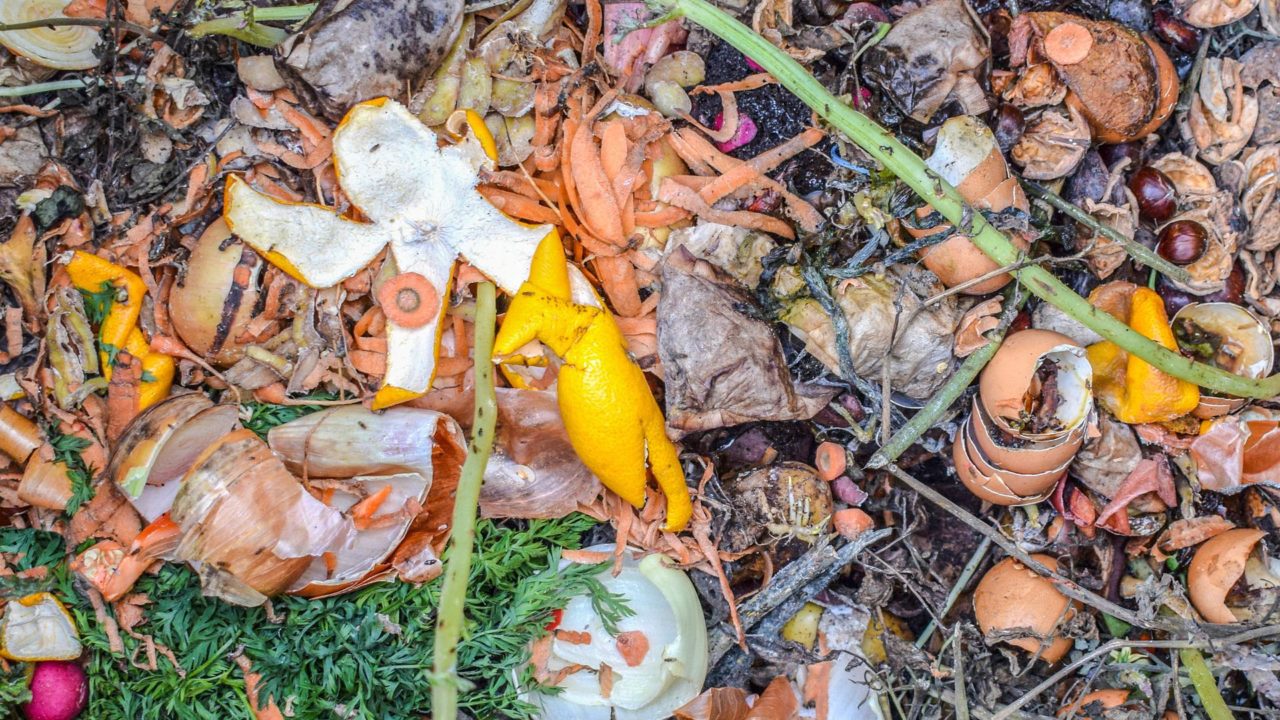Better access to organic fertiliser and nutrients from recycled waste streams is needed to reduce Ireland’s dependence on the import of mineral fertiliser, Irish MEP Chris MacManus has said.
To prevent future shortages, Ireland needs to develop its own self-sufficiency by increasing domestic organic fertiliser stocks, the MEP said.
The Irish MEP for Midlands-Northwest urged both the Irish government and the European Commission to take action to mitigate extreme costs.
Although fertilisers remain available in the EU, affordability is a challenge for farmers, the commission previously said. In September 2022 the price of nitrogen (N) fertilisers was 149% higher than in 2021.
The European Commission recently outlined its plans to tackle rising costs and actions to alleviate the difficulties EU farmers and fertiliser producers face.
Speaking following the recent communication by the commission, the MEP, who is also a member of the European Parliament’s Agriculture and Rural Affairs committee, said:
“For over two years the prices of fertilisers used in the agriculture sector have [risen] to levels [that have] never [been] seen before in Europe. Farmers are crying out for something to be done.
“The recent communication by the European Commission is certainly a step in the right direction.”
Fertiliser scarcity due to the war in Ukraine has impacted the affordability and availability at a time when family farmers are already operating in a hostile economic climate on extremely tight margins, he added.
Fertiliser affordability
The amendments to the Temporary Crisis Framework he said, which enables member states flexibility to support the economy in the context of Russia’s war against Ukraine, allows support for farmers and fertiliser products.
“This is support that Irish farmers badly need,” the Irish MEP commented.
He also welcomed the launch of a market observatory for fertilisers in 2023 to share data on production, use, prices and trade.
Irish farmers are paying above the EU average for fertiliser, and they need more access to such information to make informed purchases, the MEP said.
The commission previously said the current crisis is an opportunity to accelerate the transition away from synthetic fertilisers to a sustainable food system.
“At the moment there is a lack of transparency in the fertiliser market and it puts Irish farmers at the mercy of fertiliser producers that are already enjoying large profits,” the MEP said.
